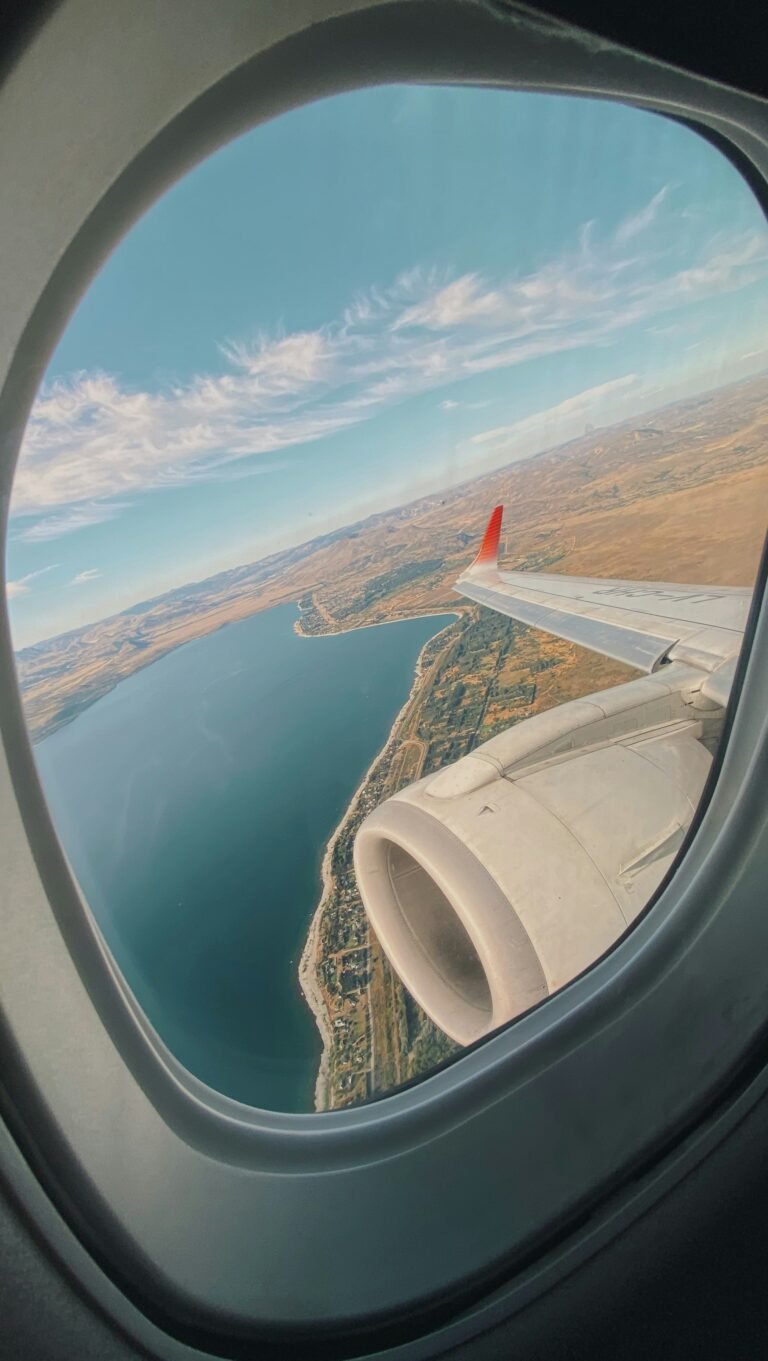Traveling doesn’t have to break the bank. With smart planning and a few clever strategies, you can enjoy a memorable vacation without overspending. Whether you’re exploring a new city or relaxing by the beach, a budget-friendly trip is all about balance — getting the best experiences for the right price. Here’s a complete guide to help you plan your next affordable getaway.
1. Set a Realistic Travel Budget
The first step toward an affordable vacation is setting a clear budget. Decide how much you’re willing to spend overall, then break it down into categories like accommodation, transportation, food, activities, and souvenirs. Having a financial plan keeps your trip organized and prevents unexpected expenses.
Pro Tip:
- Use budget-tracking apps like Mint or TravelSpend to manage your spending.
- Set aside 10 percent of your budget for emergencies or last-minute plans.
- Research average prices of your destination before booking.
2. Choose Affordable Destinations
Some destinations naturally offer more value for your money. In 2025, countries like Vietnam, Portugal, Greece, and Thailand continue to provide beautiful landscapes and cultural experiences at affordable costs. Even domestic travel can be budget-friendly if you explore lesser-known cities and towns.
Pro Tip:
- Look for destinations with free attractions and affordable food options.
- Travel during off-peak seasons to save on flights and hotels.
- Compare nearby destinations — sometimes a short drive can save big.
3. Book Flights Smartly
Airfare can be one of the biggest expenses, but with the right tools, you can save a lot. Start monitoring prices early and be flexible with your travel dates. Use flight comparison websites and set alerts for price drops to grab the best deals.
Pro Tip:
- Use platforms like Skyscanner or Google Flights to compare prices.
- Book mid-week flights — Tuesday and Wednesday are often cheaper.
- Consider budget airlines for short trips, but check baggage fees carefully.
4. Save on Accommodation
Hotels aren’t your only option anymore. Depending on your comfort level, you can choose from vacation rentals, hostels, or even house-sitting opportunities. Many cities also have family-run guesthouses that offer great value and local hospitality.
Pro Tip:
- Use sites like Booking.com, Hostelworld, or Airbnb for affordable stays.
- Book longer stays — many hosts offer discounts for weekly reservations.
- Consider locations just outside major tourist zones to save money.
5. Plan Meals Wisely
Food costs can add up quickly, especially in tourist-heavy areas. Eating like a local not only saves money but also gives you a more authentic experience. Mix up dining options — enjoy one or two fancy meals, but focus on local cafes and street food for most of your trip.
Pro Tip:
- Shop at local markets and prepare simple meals if your stay allows.
- Carry snacks for long sightseeing days to avoid costly impulse buys.
- Ask locals for hidden gem restaurants instead of tourist spots.
6. Use Public Transport or Walk
Transportation costs can easily sneak up on your budget. Instead of relying on taxis or ride-sharing, explore local public transportation. Many cities have affordable day passes or travel cards that make getting around cheap and easy. Walking and biking not only save money but also let you see more of the destination.
Pro Tip:
- Check if your destination offers city travel cards or free transport zones.
- Rent bikes for short distances — it’s fun and eco-friendly.
- Download offline maps to navigate without mobile data.
7. Look for Free or Low-Cost Activities
You don’t need to spend much to have fun while traveling. Many cities offer free museums, local festivals, walking tours, and natural attractions. Doing a little research before you go can help you discover hidden gems that won’t cost a thing.
Pro Tip:
- Search online for free events during your travel dates.
- Explore local parks, beaches, and markets instead of pricey attractions.
- Use travel blogs and social media for local recommendations.
8. Pack Smart and Avoid Extra Costs
Overpacking can lead to unnecessary baggage fees. Stick to essentials and check your airline’s luggage policy before you travel. Bringing items like reusable water bottles, snacks, and basic medicine can also save you from spending on the go.
Pro Tip:
- Pack versatile outfits that can be mixed and matched.
- Carry reusable travel accessories to avoid single-use purchases.
- Weigh your luggage at home to avoid airport surprises.
Conclusion
Planning a budget-friendly vacation is all about making smart choices without compromising on fun. With the right research, flexibility, and organization, you can enjoy incredible travel experiences that fit your budget. Remember, it’s not about how much you spend — it’s about the memories you create along the way. Start planning now and make your next vacation both affordable and unforgettable.




